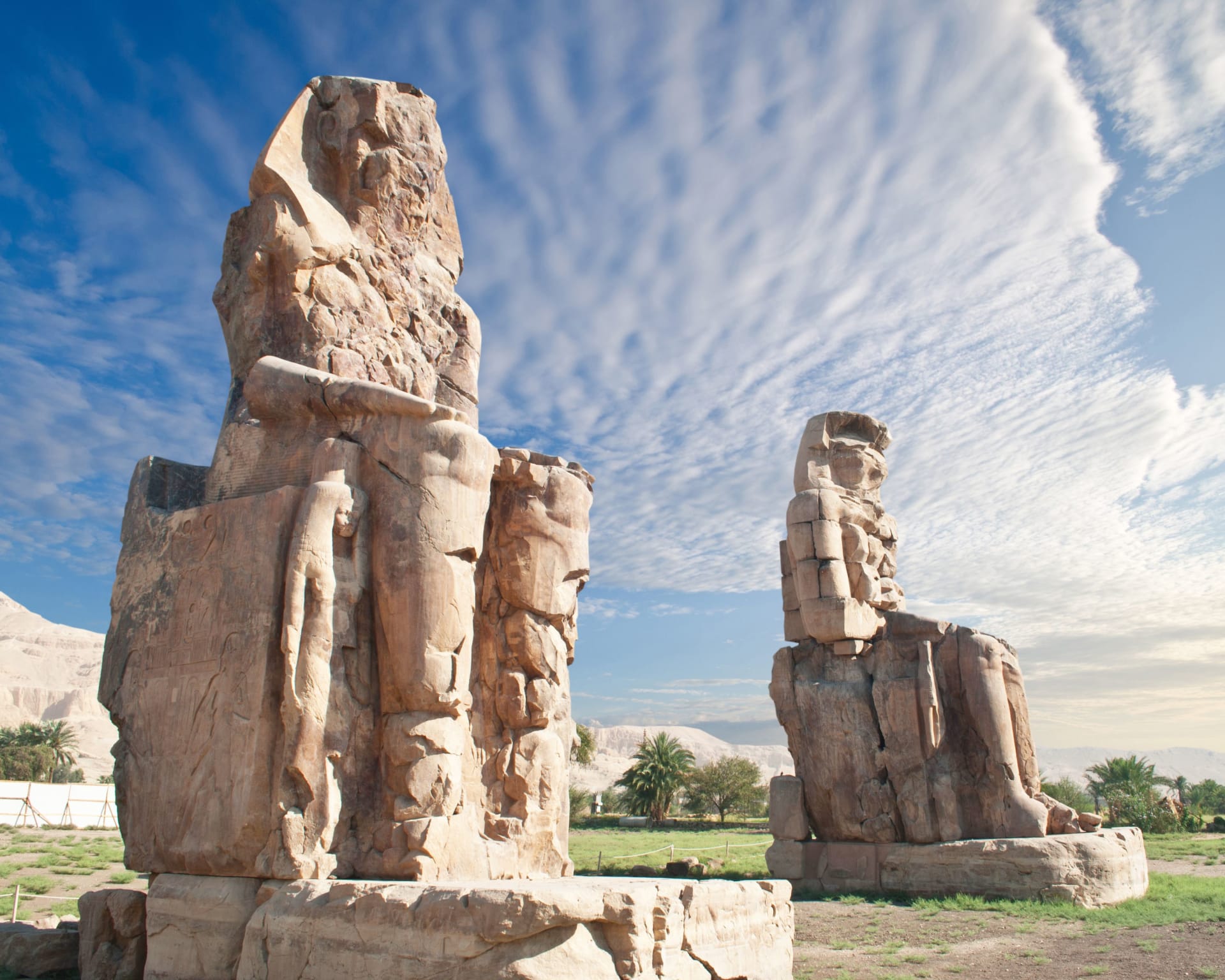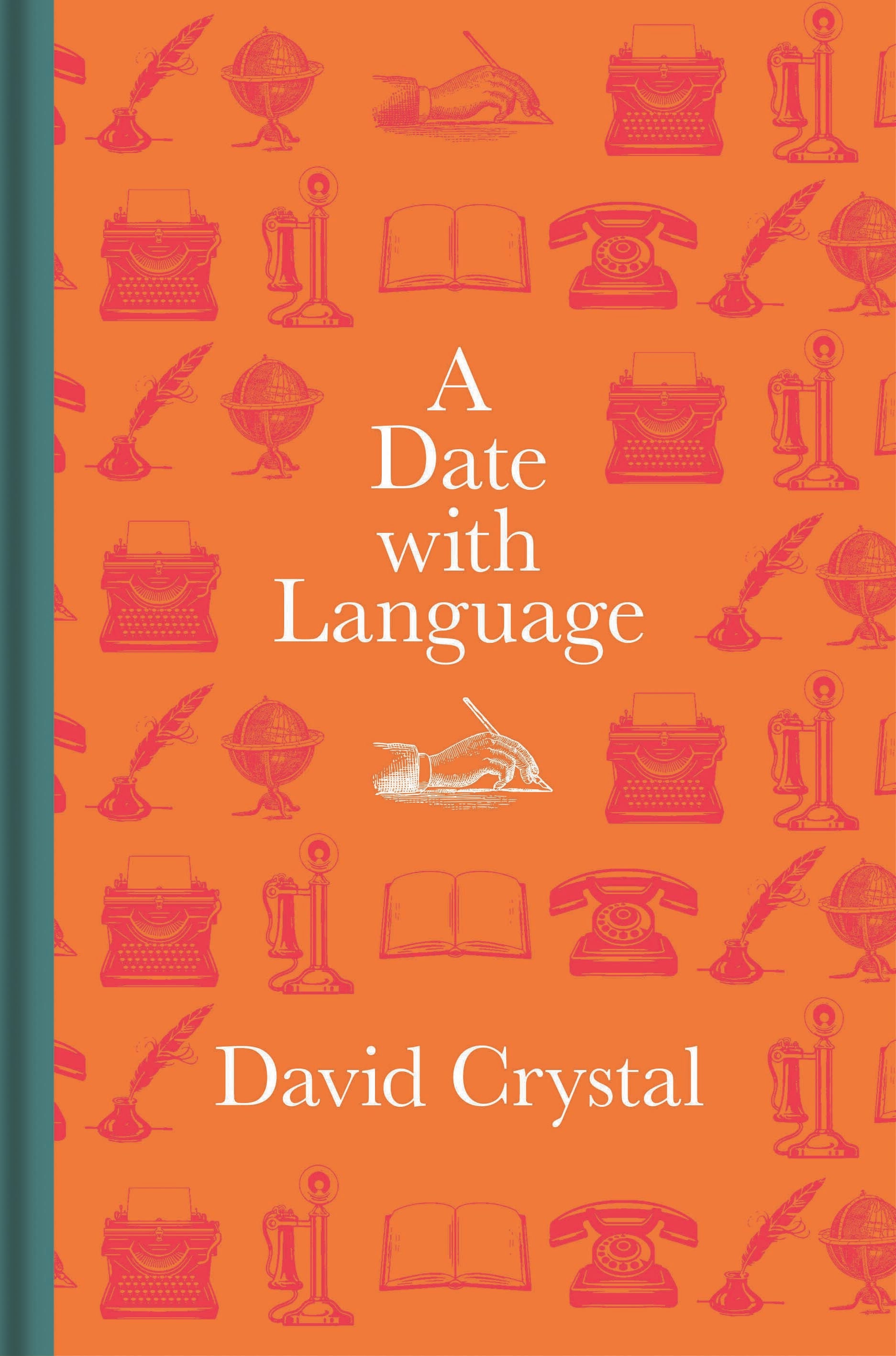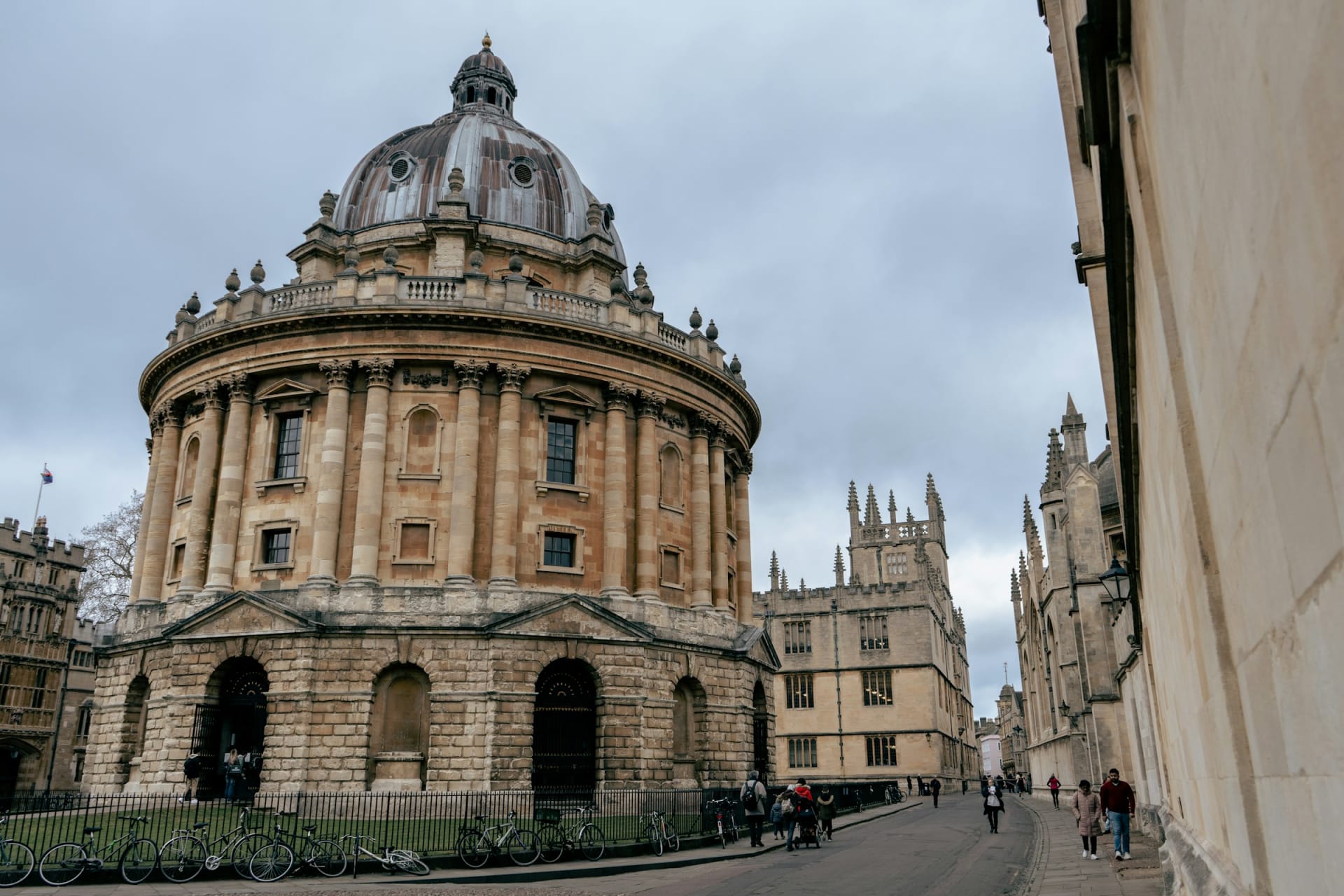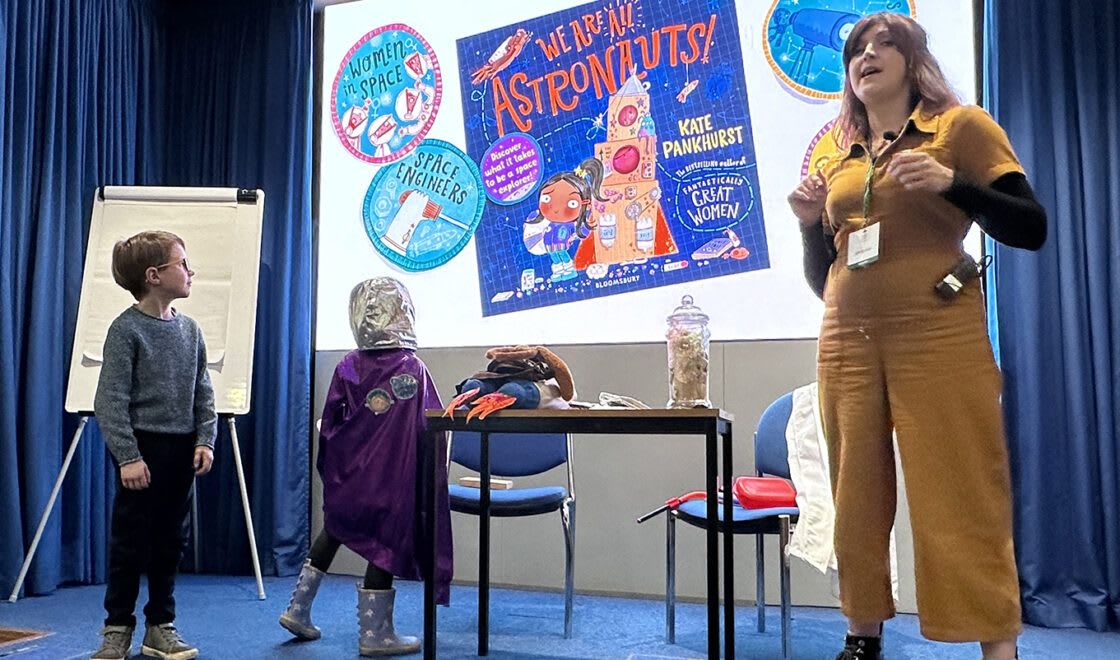Dr Mai Musié, Ancient Historian/Public Engagement Specialist
“The past is a foreign country; they do things differently there”. The famous opening line of L P Hartley’s classic novel The Go-Between opens up a world where memory and history are blurred, where things are mis-represented or half-forgotten, and where the past seems such a distant landscape, hard to find connections with the present. I quote this line because in many ways it has undoubtedly helped inform and shape both my personal and professional life.
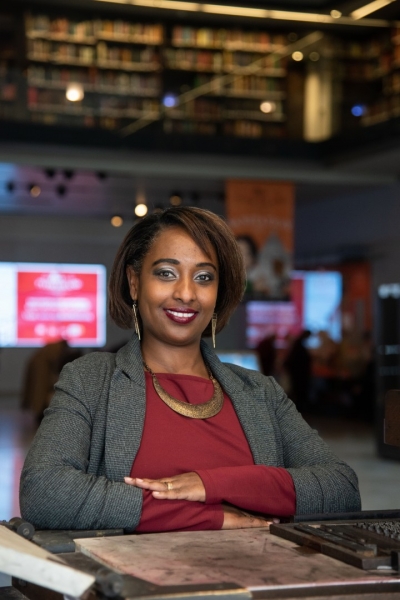 I first came across L P Hartley’s 1953 novel during my A Level English Literature class in the late 1990s, at Saint Francis Xavier College in Clapham, South London. It was in this same class that I discovered the wonders of the ancient world through another literary work, Tom Stoppard’s play Arcadia. It was also at this time that I was given the opportunity to go on an 8-day classical trip to Greece during the summer break, before starting university, an opportunity for which I will always be grateful, because it arguably changed the course of my entire life. Prior to university, I did not have any classical background whatsoever, but I had always been fascinated by classical myths and creation stories from across the globe. I duly came back from my Greek odyssey with an ardent desire to study Classical Civilisation at university, rather than soporific but safe Law. Fast forward eight years and, after many late nights and copious blood, sweat and tears, I received my PhD in Classics (on the ancient Greek novel) from Swansea University.
I first came across L P Hartley’s 1953 novel during my A Level English Literature class in the late 1990s, at Saint Francis Xavier College in Clapham, South London. It was in this same class that I discovered the wonders of the ancient world through another literary work, Tom Stoppard’s play Arcadia. It was also at this time that I was given the opportunity to go on an 8-day classical trip to Greece during the summer break, before starting university, an opportunity for which I will always be grateful, because it arguably changed the course of my entire life. Prior to university, I did not have any classical background whatsoever, but I had always been fascinated by classical myths and creation stories from across the globe. I duly came back from my Greek odyssey with an ardent desire to study Classical Civilisation at university, rather than soporific but safe Law. Fast forward eight years and, after many late nights and copious blood, sweat and tears, I received my PhD in Classics (on the ancient Greek novel) from Swansea University.
Much of my current work involves communicating the ancient world to modern audiences, finding themes and topics that resonate with the public – from migration and the legacy of colonialism to gender and identity issues. I often think about the application of the study of the past on ordinary people in the present; how can people connect with the past in order to talk about their current situation? Some of the public engagement work I do brings people from hitherto marginalised communities together with researchers to use texts and objects from the ancient and medieval past to engage and reconnect with their own heritage, and to provide a sense of belonging in an ever-changing world. I am about to embark on a research project at the Institute of Classical Studies, which will use classical figures such as Memnon, Andromeda, and Chariclea (all described in antiquity as having an ‘Ethiopian’ heritage) to discuss forced migration and exile amongst modern Ethiopian-Eritrean diaspora communities in London and beyond. As a person of Ethiopian-Eritrean heritage and a former child refugee myself, this project is naturally of immense importance to me and very close to my heart.
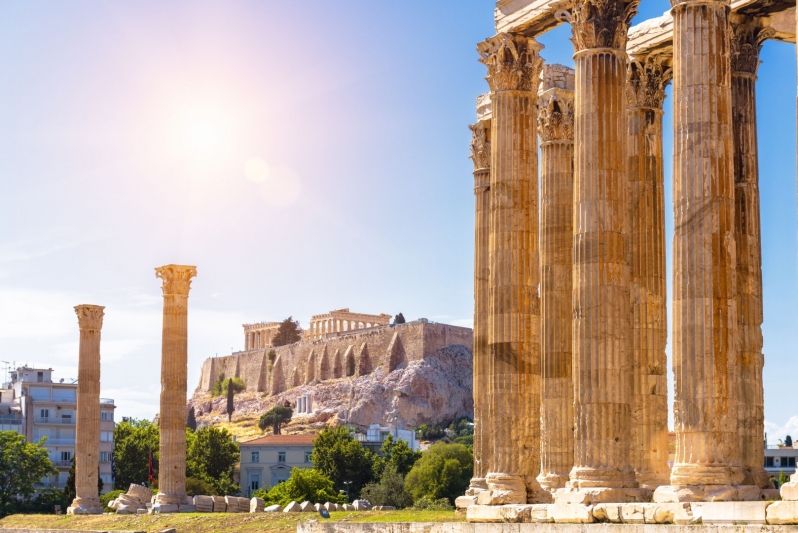 Communicating the ancient world through public engagement is the sine qua non (or without the Latin adage, bread and butter) of my work. In addition, I consult on community engagement, which involves the use of the past to inform the present and future of a city, or a town, or a village.
Communicating the ancient world through public engagement is the sine qua non (or without the Latin adage, bread and butter) of my work. In addition, I consult on community engagement, which involves the use of the past to inform the present and future of a city, or a town, or a village.
I am also inordinately proud to be a trustee of two brilliant, inspirational and truly life-changing charitable organisations Classics For All and The Roman Society that work tirelessly to democratise the study of the ancient world. There is often the perception (albeit a wholly erroneous one), and not helped by the government’s education policies, that these subjects are the preserve of the privileged few. I sincerely hope that my experiences in studying, loving and now working in Classics can inspire others, regardless of their racial or social background, to pursue the study of the ancient world. Not only has Classics helped me to reconnect with my African heritage, but also to reconcile a turbulent, traumatic, and often emotionally discombobulating past.
The past can indeed be a ‘foreign country’ but at the same time I have always found it strangely familiar, exhilarating and life-enhancing. And whilst many things were indeed done differently there, as L P Hartley presciently said, the myriad similarities between then and now for me bring out not only our common humanity, but also emphasise the timeless, universal and strikingly modern nature of classical antiquity.
Dr Mai Musié is an Ancient Historian and Public Engagement Specialist. Her work includes positions as Project Manager at The Oxford Research Centre in the Humanities, and as Associate Member of The Centre for the Study of Greek and Roman Antiquity, Corpus Christi College, Oxford. She has just embarked upon an Early Career Research Fellowship with the Institute of Classical Studies at the School of Advanced Study where she is exploring the Ethiopian-Eritrean diaspora as described above (sas.ac.uk).
